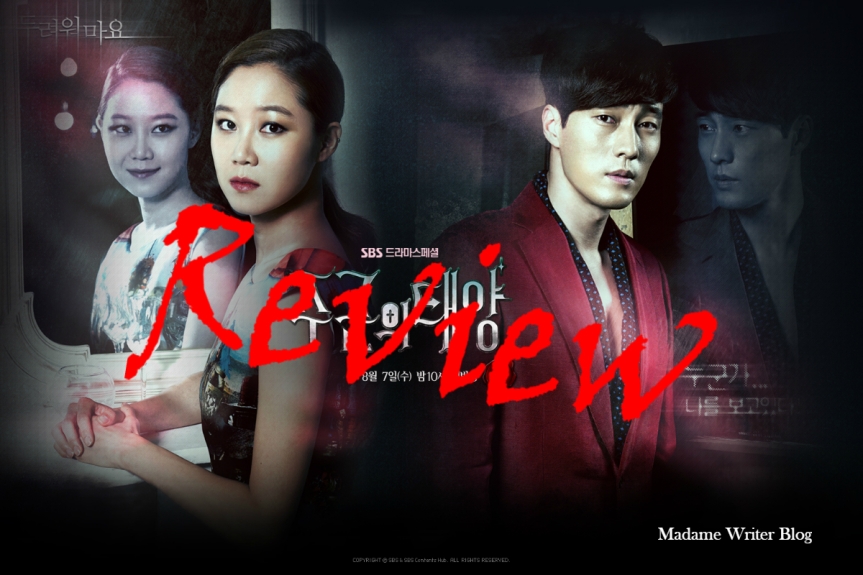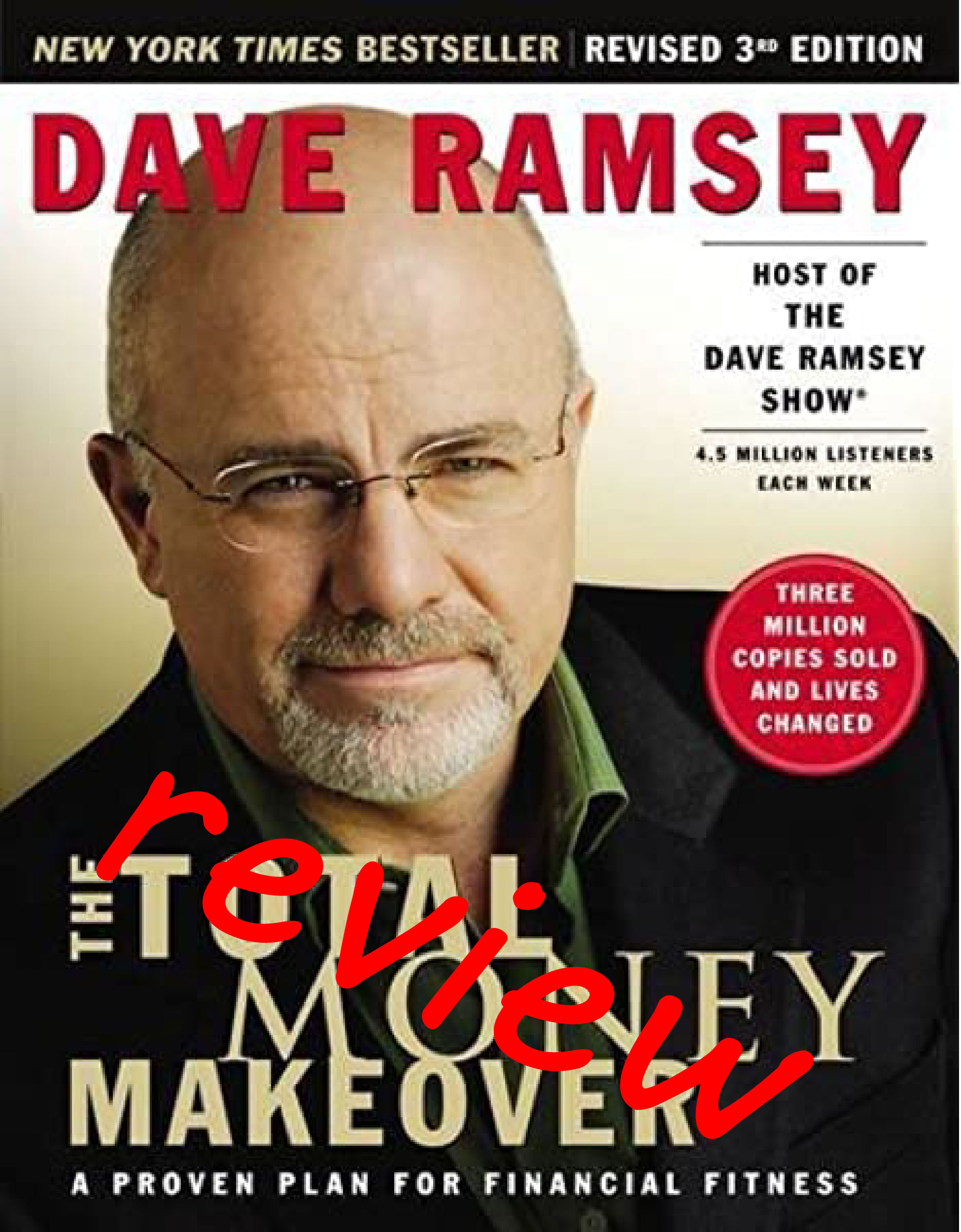As I am a huge fan of Korean movies, I couldn't help but take a look at the film that dethroned "Bohemian Rhapsody" from the top of the Korean box office.
"Default" is a movie inspired by events that took place in 1997, when the South Korean economy was on the verge of a global crisis. As a result of the growth of public and corporate debt, overheating of the economy, and other depressing factors, the country suddenly finds itself just one step from complete bankruptcy. Read More...







